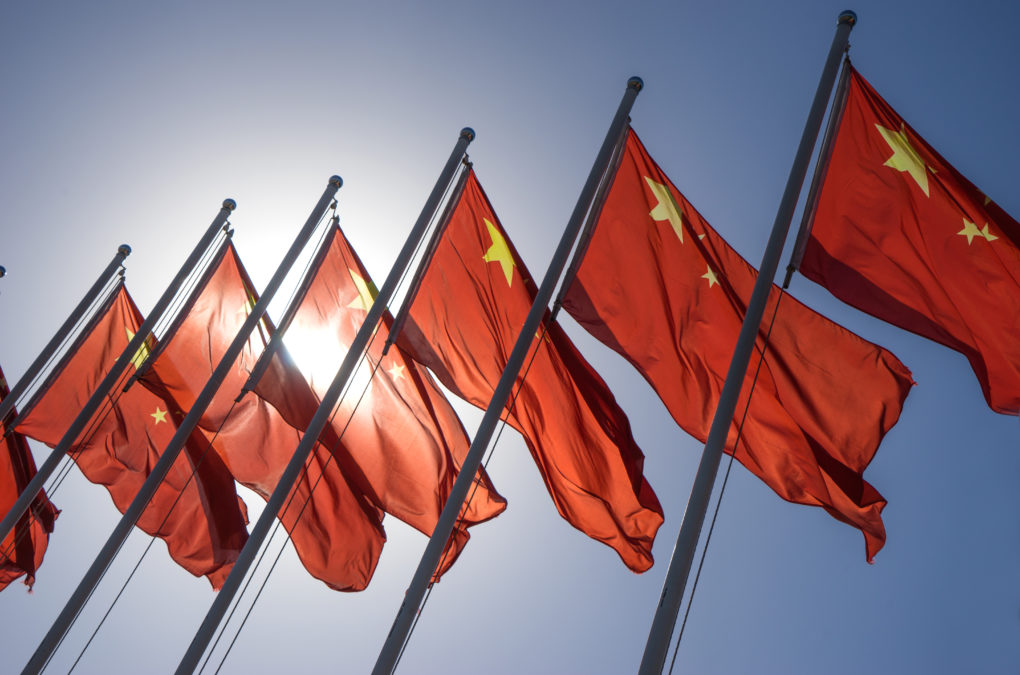Coronavirus outbreak could accelerate China's digital currency issuance, says former central bank president


Efforts to combat the coronavirus could accelerate the Chinese central bank's plans to issue a digital currency, according to a former president of the People's Bank of China.
In a February 16 interview with China Daily, Lihui Li argued that a digital currency's efficiency, cost-effectiveness, and convenience make it especially desirable during an epidemic. Li previously helmed the People's Bank of China and now serves as the blockchain lead for the state-run National Internet Finance Association.
To prevent the spread of the virus via physical cash, the government has quarantined some old paper notes and distributed 600 billion yuan ($85.9 billion) in new money in Huobei, where the virus outbreak originated. Meanwhile, millions of people are restricted to their homes by government order, making it difficult to make payments in person.
As such, as an alternative and wholly digital currency – as well as other forms of digital payment such as those offered by AliPay and WeChat Pay – would become popular, said Dong Yang, a Renmin University of China professor who works on blockchain and fintech research.
However, Li also noted that the adoption of any central bank-backed digital currency still partially depends on demand from the retail market in China, which is currently dominated by Alipay and WeChat Pay.
"China's modern and emerging electronic payment platform is very mature, and WeChat Pay and Alipay online payment platforms have ranked first and second in the world," Li said.







